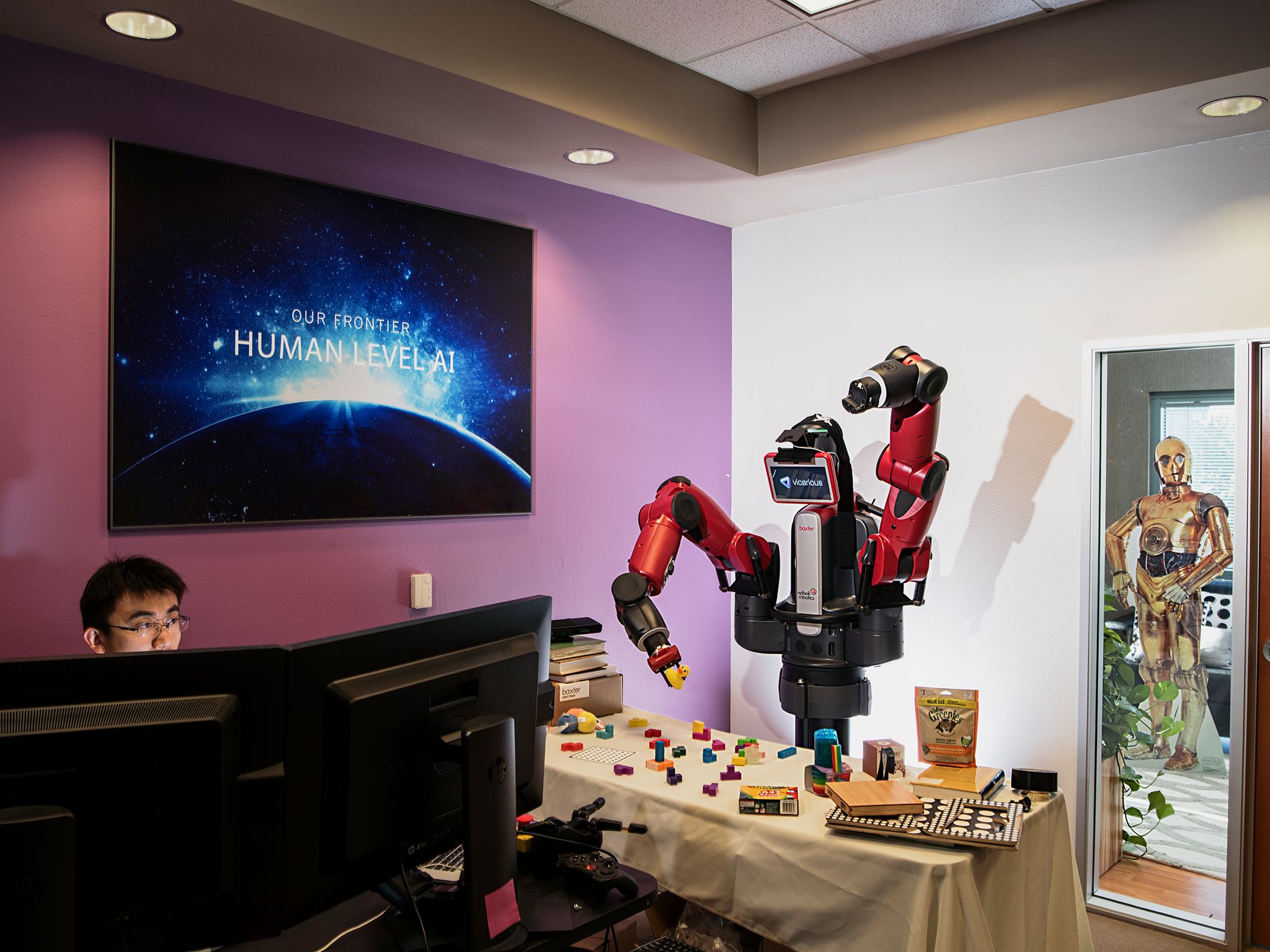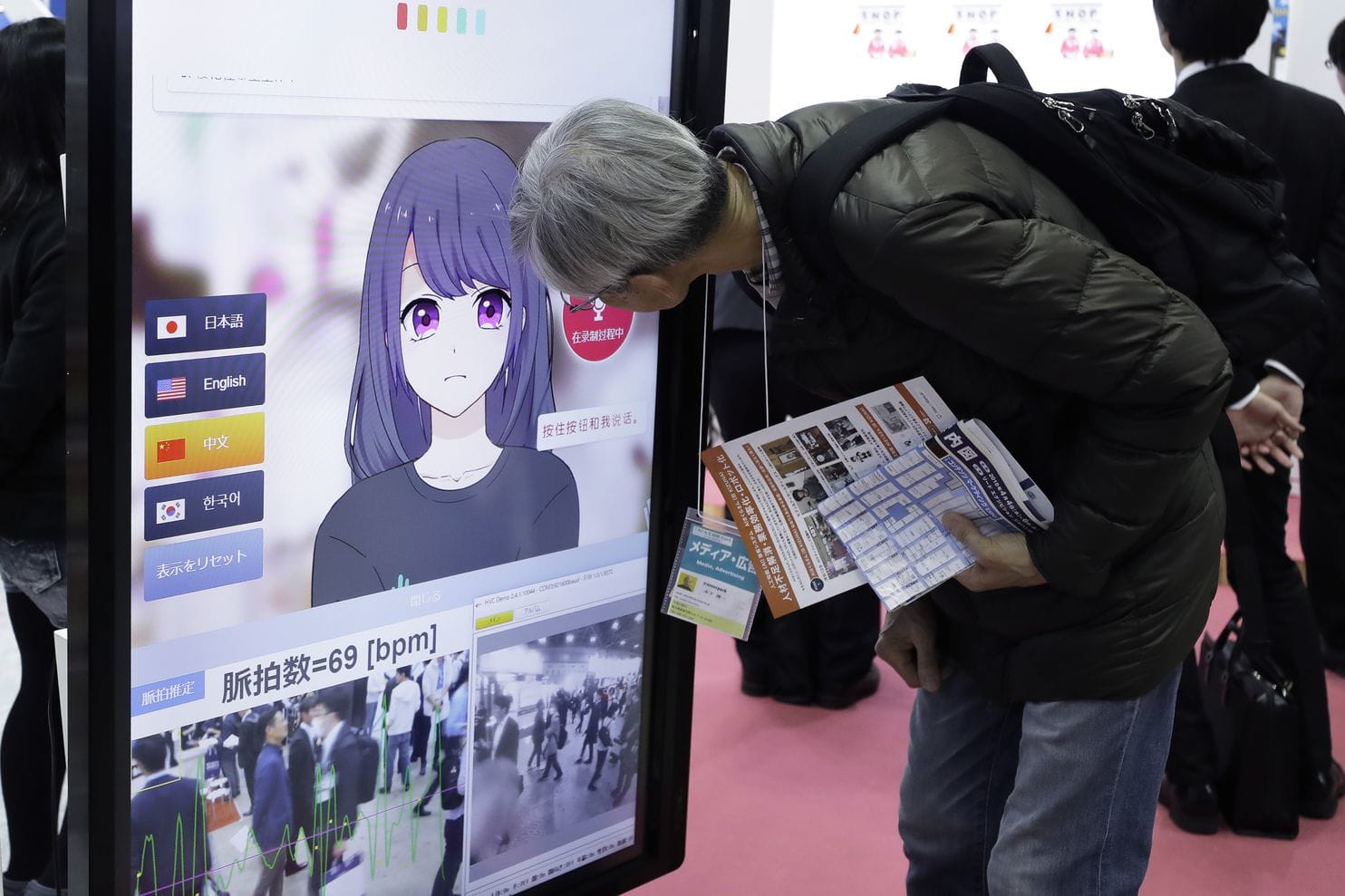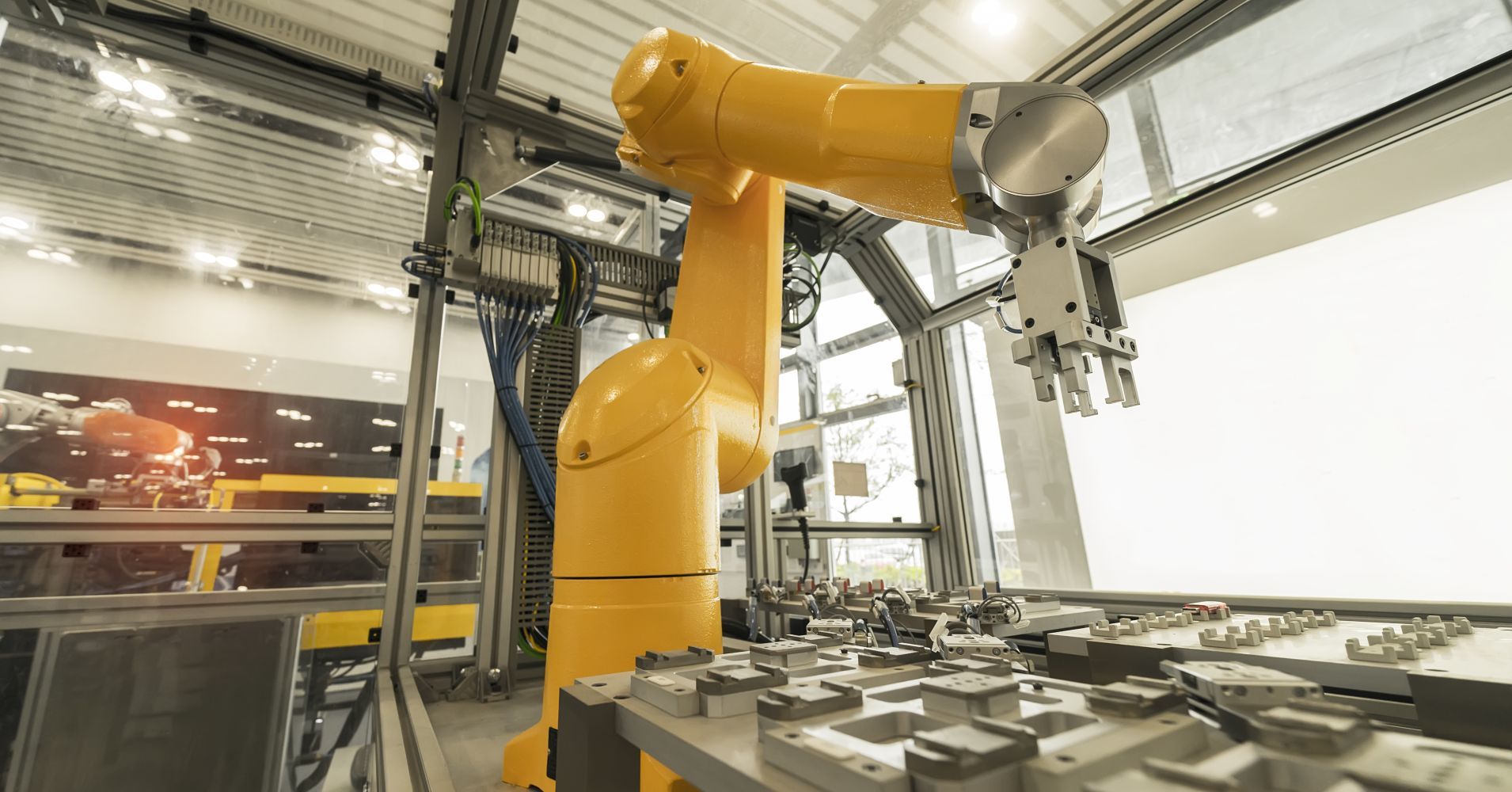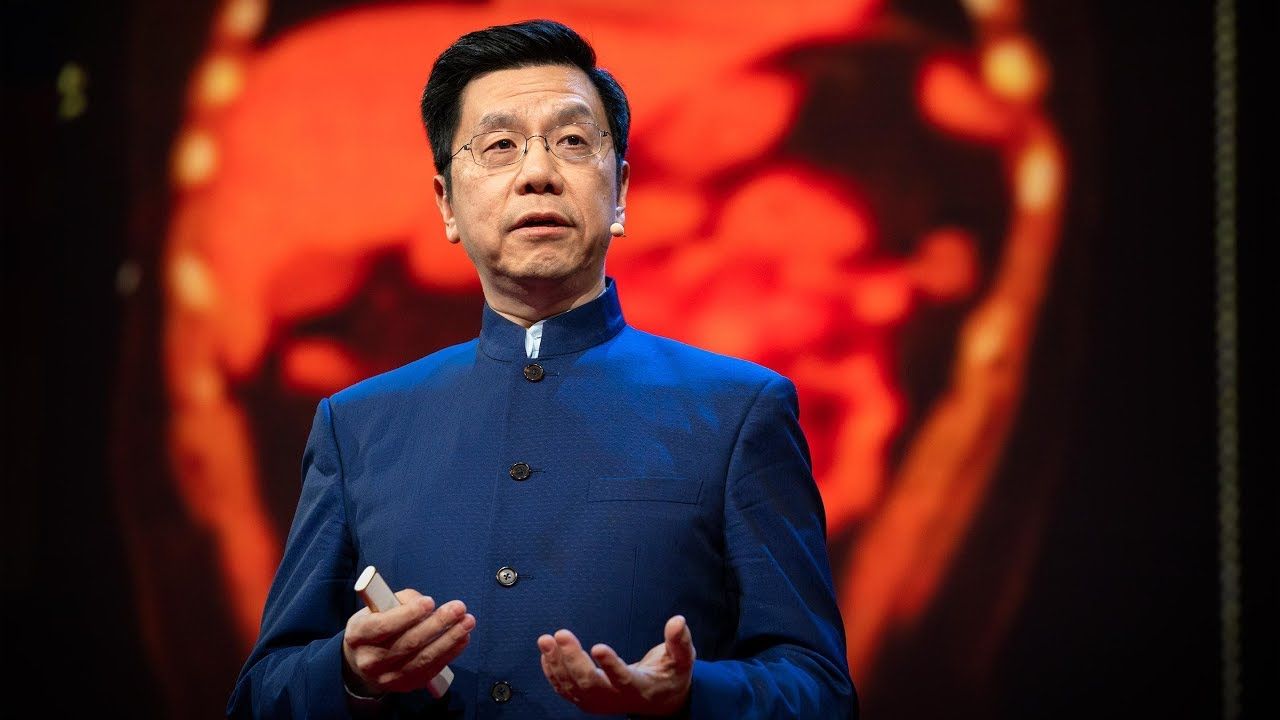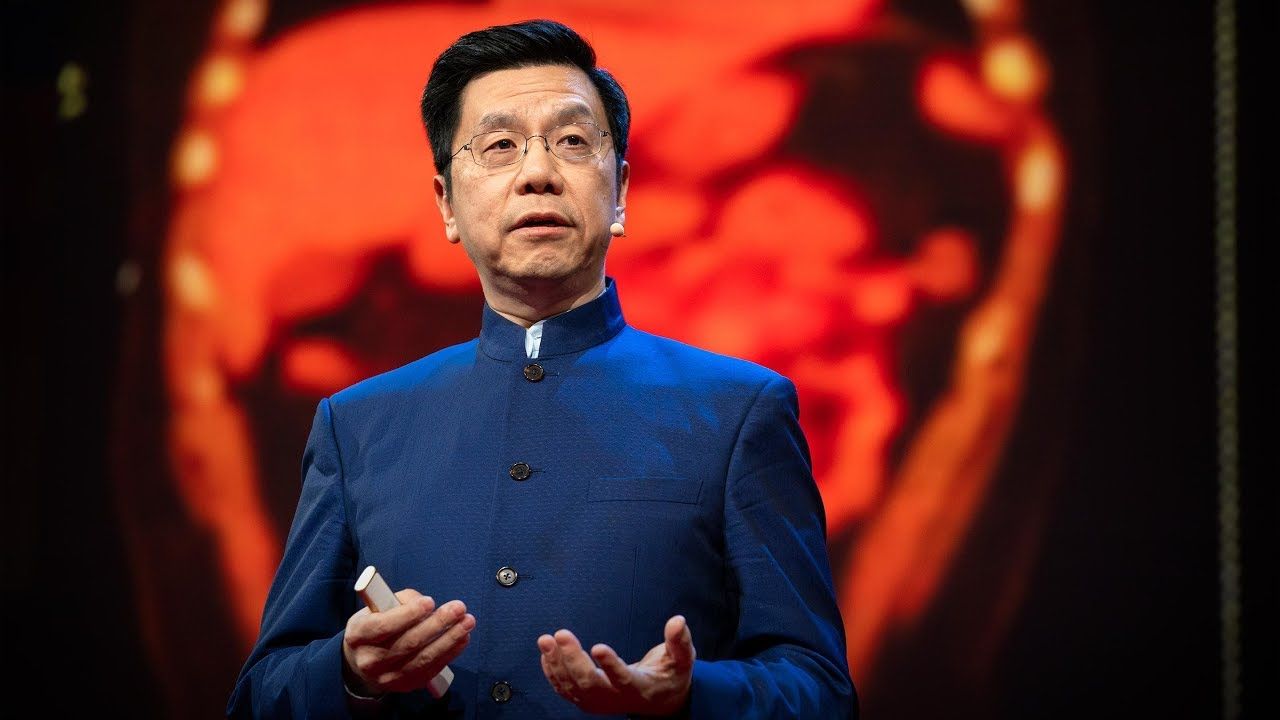Oct 6, 2018
Did China hack US motherboards?; Industrial-base report, previewed; New tool to fight fake news; ‘Light footprints’ mean shaky intel; And a bit more
Posted by John Gallagher in categories: business, cybercrime/malcode, employment, government, surveillance
China put tiny spy chips on many U.S. servers. That’s the word from Bloomberg Businessweek, whose cover story published Thursday asserts that Beijing persuaded Chinese hardware manufacturers to install a surveillance chip, half the size of a grain of rice, on the motherboards of hundreds of thousands of data servers sold around the world by a U.S. company called Supermicro, including to Amazon and Apple.



